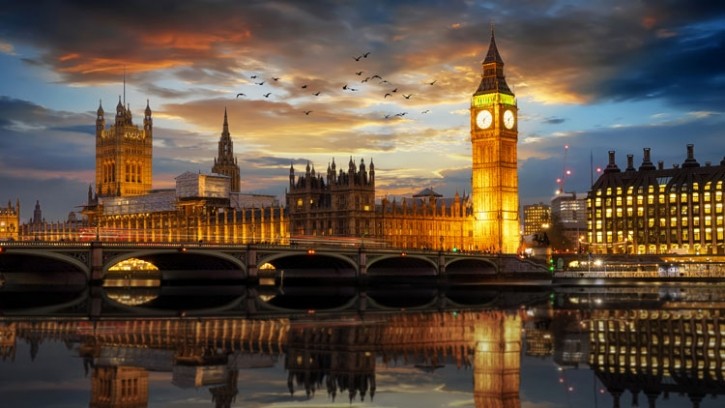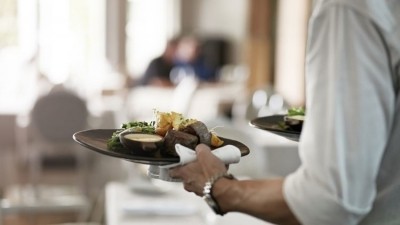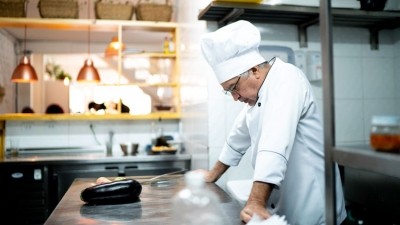Sunak urged to reassess rise in worker visa fees

In a letter seen by the FT, John Dickie, chief executive of lobby group BusinessLDN, whose members include restaurant group D&D London and coffee giant Starbucks, has urged the Prime Minister to ‘consider the impact of the proposed changes on [the] UK’s businesses and the economy’.
Sunak announced last month that he planned to significantly increase the fees for migrants, including workers and students, in order to help fund public sector pay rises.
Under the proposals, the cost of a skilled worker visa for more than three years will rise from £1,235 to £1,480.
Meanwhile, the annual immigration health surcharge — a mandatory levy to fund NHS access for migrants, which has been frozen since 2020 — will increase by 66% from £624 to £1,035.
Combined with other expenses such as the immigration skills charge, Dickie warns the total cost to bring in one skilled worker could be nearly £10,000 even before costs for dependants are accounted for.
“At a time when businesses face a difficult economic outlook and are struggling with significant skills gaps, this measure undermines our competitiveness when it comes to attracting top talent compared to other countries,” he writes.
Jonathan Haseldine, policy manager at the British Chambers of Commerce (BCC), also expressed concern about the planned rise in the immigration levies, saying wage inflation was one of the biggest challenges facing businesses.
“It comes at a time when firms are also struggling with rises in interest rates, energy costs and broader inflationary pressures,” he tells the FT.
“There is a limit to how much additional cost businesses can take.”
Haseldine also renewed the BCC’s call for the Government to expand its shortage occupation list, which makes it easier for businesses to recruit people from abroad in sectors deemed to have a short supply of domestic workers.
Voices within the hospitality sector have long been calling for changes to the list. Earlier this year there were suggestions that chefs and restaurant and hotel manager roles were set to be added to it, but it never came to pass.
In June, UKHospitality reiterated calls for chefs to be added to the UK’s shortage occupation list in evidence submitted to the Migration Advisory Committee.
“The Shortage Occupation List is a critical part of that and adding chefs to the list is a simple move that can have enormous benefits,” Kate Nicholls, chief executive of UKHospitality, said at the time.
“In our evidence submitted to the MAC, we highlighted how a quarter of members told us they would restrict their trading hours if this level of chef vacancies continued. This is likely to be on top of cutbacks many businesses have already been forced to make.”
According to recent figures from the Office for National Statistics (ONS), vacancies across the hospitality sector stood at 132,000 in May, 48% higher than pre-Covid levels.

































